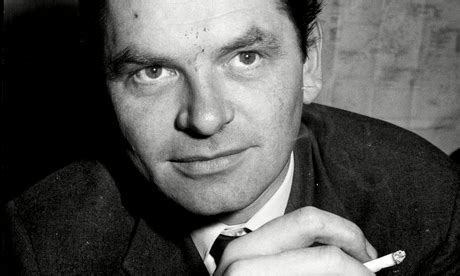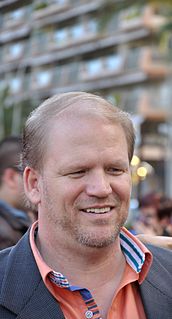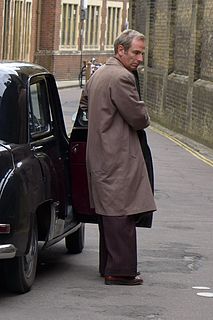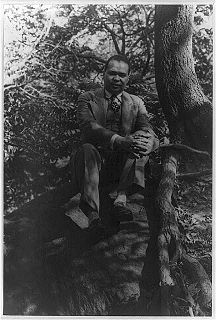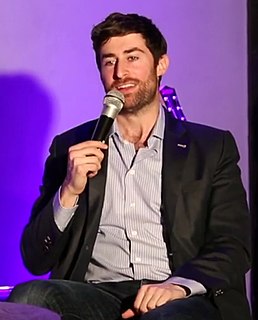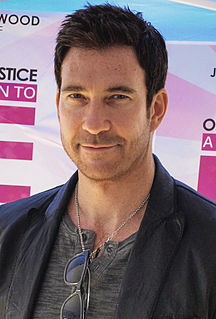A Quote by Henry Fairlie
There is a middlebrow snobbery in America that praises everything on public television and disdains everything on the commercial networks as a blight.
Quote Topics
Related Quotes
It's no accident that Julia Child appeared on public television - or educational television, as it used to be called. On a commercial network, a program that actually inspired viewers to get off the couch and spend an hour cooking a meal would be a commercial disaster, for it would mean they were turning off the television to do something else.
Television viewership has been declining for a number of years. The internet has been blamed. Everything has been blamed. Except for what I think the problem is: that the networks own the shows, and they completely think that they make them. They don't any longer let the people who make shows just make them. The networks have notes about everything. They are intimately involved in every aspect of the process. And I think it's hurt the process.
By 1988, I'm seeing this commercial phenomenon beginning to show up. Hardware makers are selling routers to universities so they can build up their campus networks. So I remember thinking, 'Well, how are we going to get this in the hands of the general public?' There were no public Internet services at that point.
I think it's brought the world a lot closer together, and will continue to do that. There are downsides to everything; there are unintended consequences to everything. The most corrosive piece of technology that I've ever seen is called television - but then, again, television, at its best, is magnificent.
America’s founding ideal was the principle of individual rights. Nothing more-and nothing less. The rest-everything that America achieved, everything she became, everything 'noble and just,' and heroic, and great, and unprecedented in human history-was the logical consequence of fidelity to that one principle.
There is state-run television in Russia, which is more loyal to the state, as it always is with state television in any country. We have private owned networks; some of them are oppositional. We have thousands of regional networks that, in their regions, are more watched than the so-called federal stations.
In the US, commercial interests stole the airwaves early on, before public broadcasters could get a stab at it. And the deal that was made with public broadcasting was, "Okay, we'll allow there to be a handful of public stations to do the educational programming that commercial broadcasters don't want to do, but the deal is they can't do anything that can generate an audience, anything that's commercially viable." Anything they do that could be commercially viable could be considered unfair competition to commercial interests and should only be on the commercial stations.
